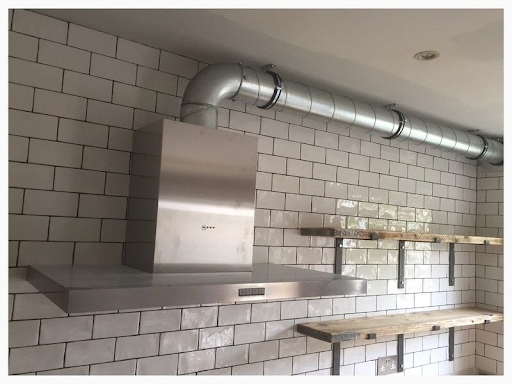The electrical system is the unseen infrastructure that powers every aspect of modern home life, from lighting and appliances to heating and security. While minor fixes might tempt the average homeowner, electrical work is inherently complex and dangerous.
Engaging a professional, licensed electrical contractor is not just a matter of convenience; it is a critical investment in the safety, efficiency, and longevity of your residential property.
Relying on expert services ensures that all installations and upgrades are performed correctly and meet stringent safety standards. This article outlines six compelling reasons why hiring a certified contractor is the smart choice for any homeowner.
Ensuring Safety and Code Compliance
The most important reason to hire a professional is safety. Improper wiring is a leading cause of residential fires and electrocution hazards. Licensed contractors possess the deep knowledge required to adhere strictly to the National Electrical Code and local building regulations.
They ensure that circuits are correctly rated, grounding is properly established, and all components are safely installed. By guaranteeing code compliance, a contractor protects your family, your property, and ensures that your home insurance remains valid.
Expertise in Diagnosing and Completing Electrical Repairs
When an issue arises—be it flickering lights, frequently tripping breakers, or non-functioning outlets—a DIY approach is often ineffective and can worsen the problem. Expert services specialize in efficient electrical repairs.
A trained contractor uses professional-grade diagnostic tools to quickly pinpoint the root cause of the fault, which is often hidden within the walls or panel.
Their expertise ensures that the repair is not just a temporary fix but a permanent solution that restores the system’s integrity and safety.
Increasing Home Value and Marketability
Prospective home buyers highly value safety and updated infrastructure. When you use a licensed contractor for major work, you receive necessary permits and documentation that certify the quality of the job. This is a significant asset during a home sale.
A professional installation or upgrade assures buyers that the electrical system is reliable and safe, thereby increasing the overall value and marketability of your home compared to properties with questionable or undocumented electrical work.
Optimizing Energy Efficiency and Cost Savings
An experienced electrical professional can do more than just fix problems; they can improve your home’s energy performance. They can advise on and install energy-efficient solutions such as smart home systems, programmable thermostats, and LED lighting upgrades.
By optimizing your wiring and components, a contractor ensures power is used efficiently, which translates directly into lower monthly utility bills and a reduced environmental impact over the long term.
Handling Complex Installations and Upgrades
Many modern home projects, such as installing dedicated circuits for new appliances (like EV chargers or hot tubs), upgrading outdated service panels, or wiring a home addition, are far too complex for a non-professional.
A certified electrical contractor has the tools and expertise to calculate load requirements, safely install high-voltage wiring, and manage panel upgrades without damaging the existing structure. They ensure that your system can safely handle the increased demand.
Protecting Against Costly Errors and Damage
Electrical work involves risk. A mistake made during installation or repair can lead to damaged appliances, short circuits, or even structural damage requiring expensive remedial work. Hiring a contractor minimizes this risk.
Furthermore, reputable professionals are fully insured, meaning that if an unforeseen accident or damage occurs during the project, the costs for repair or liability are covered by their policy, not by your homeowner’s insurance or personal savings.




